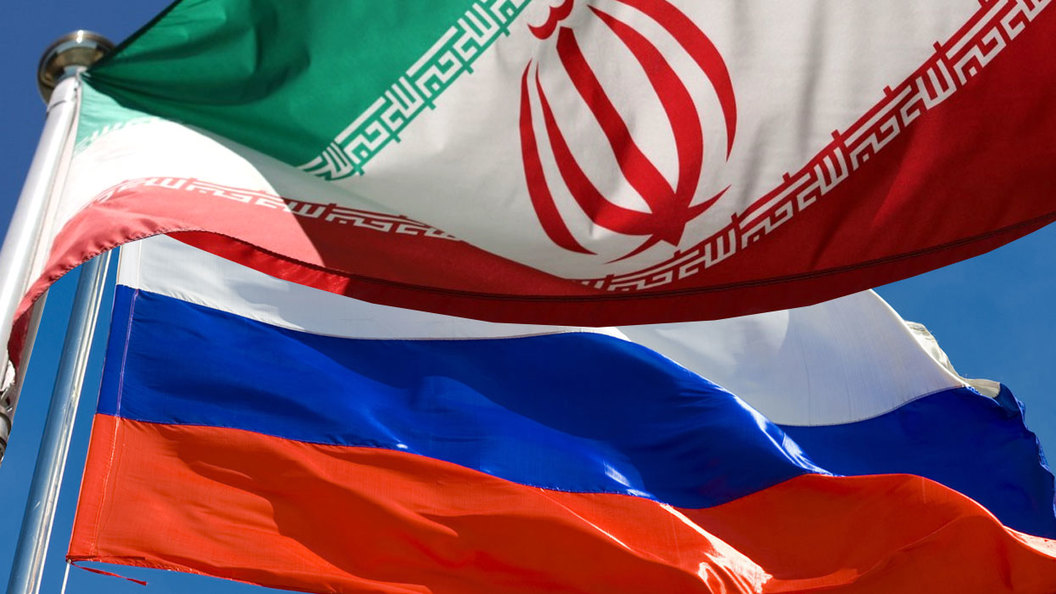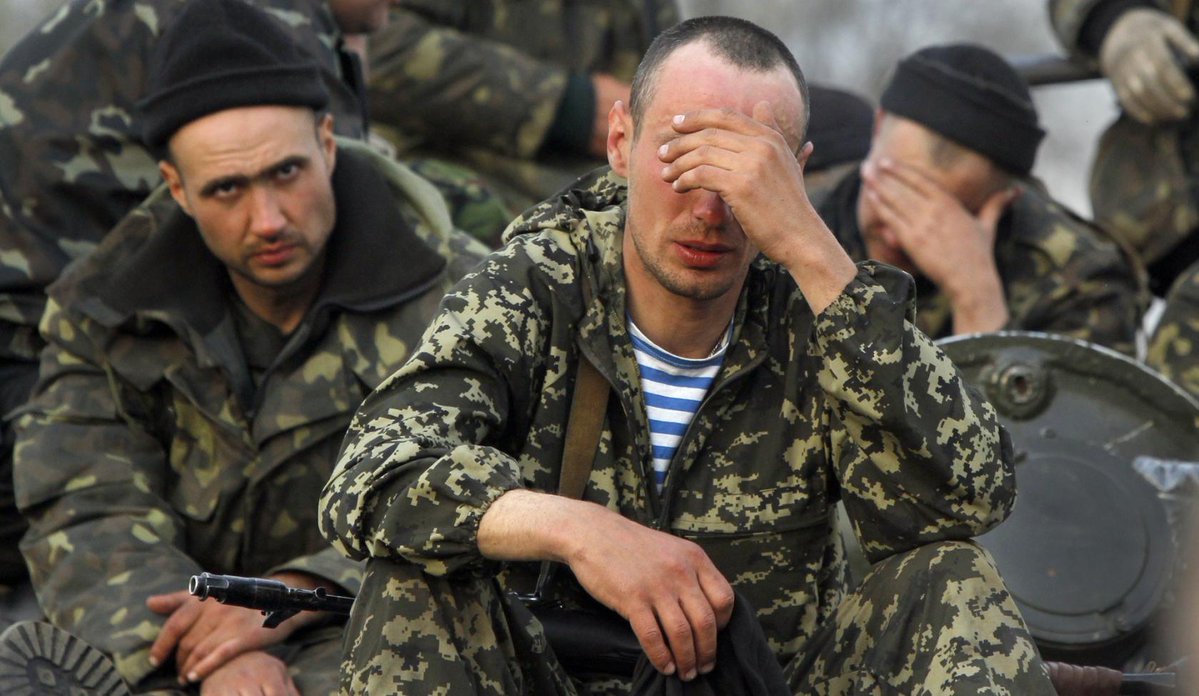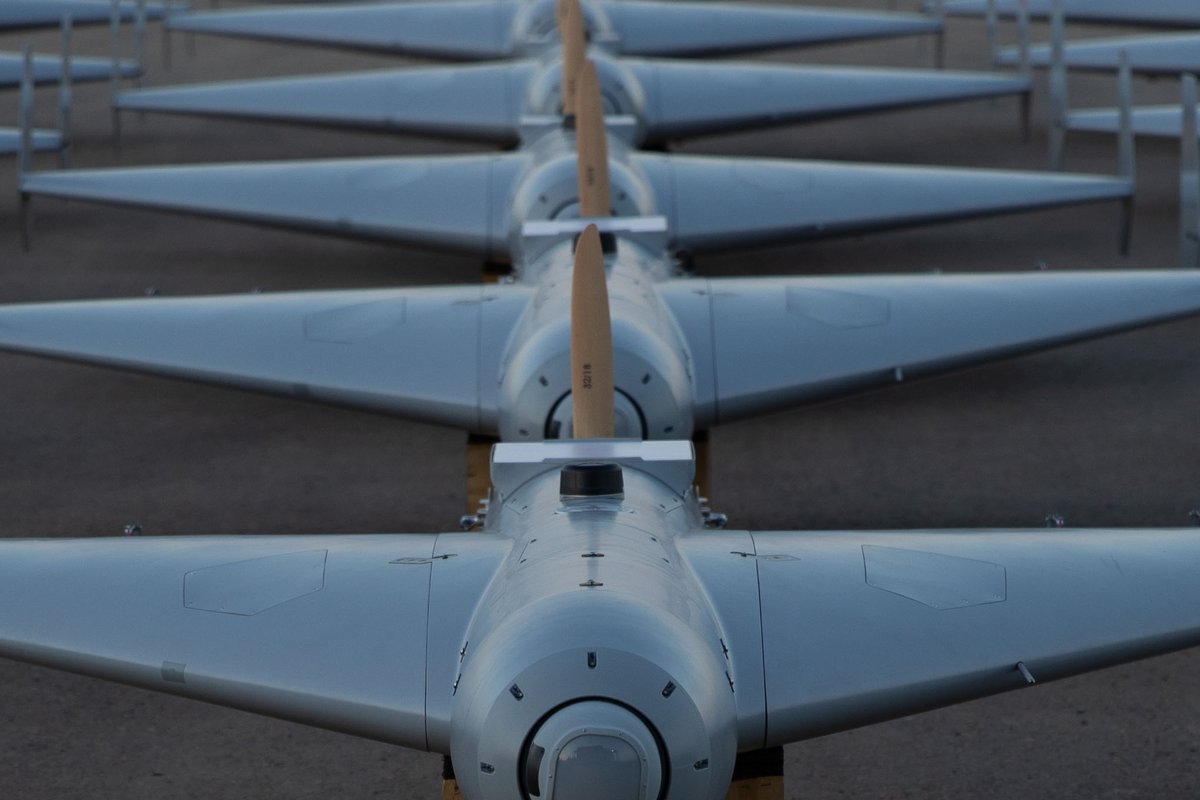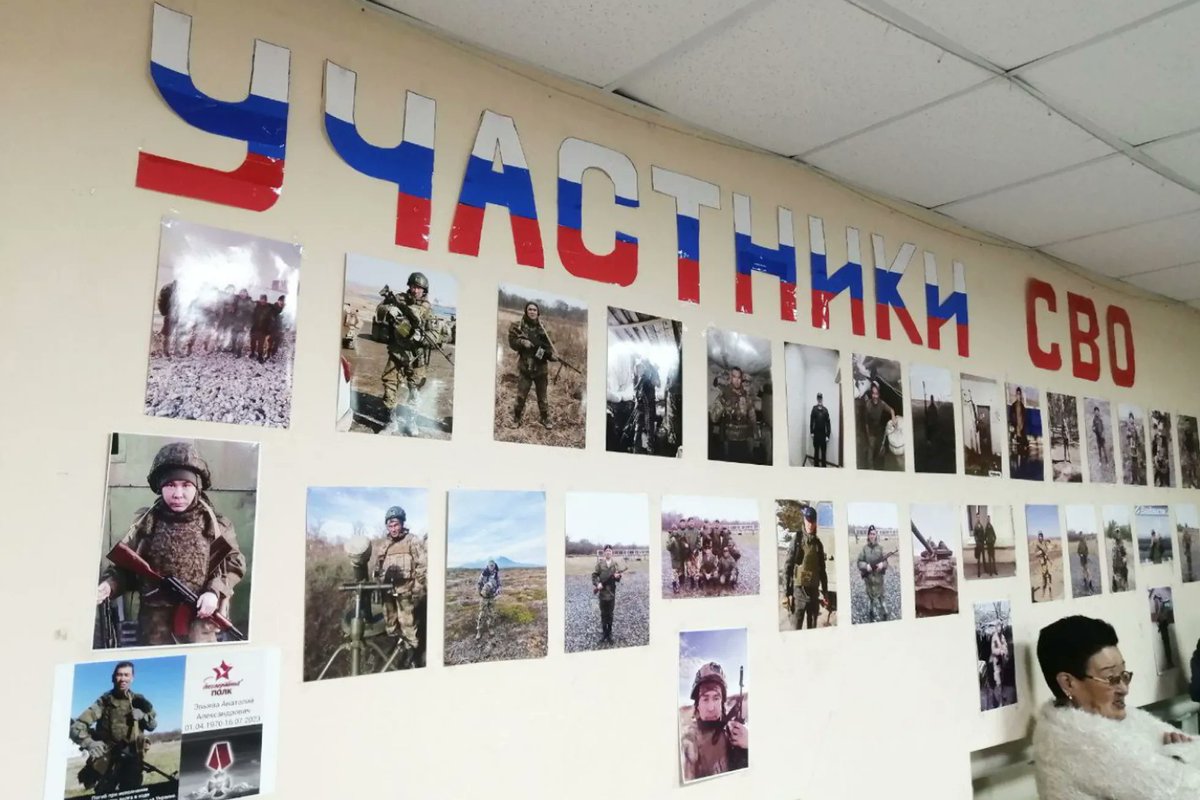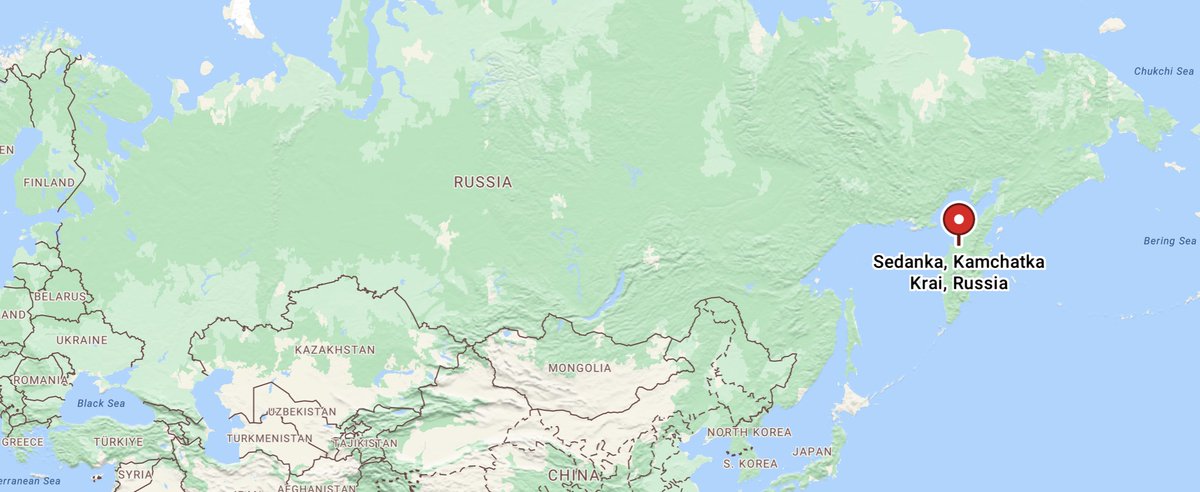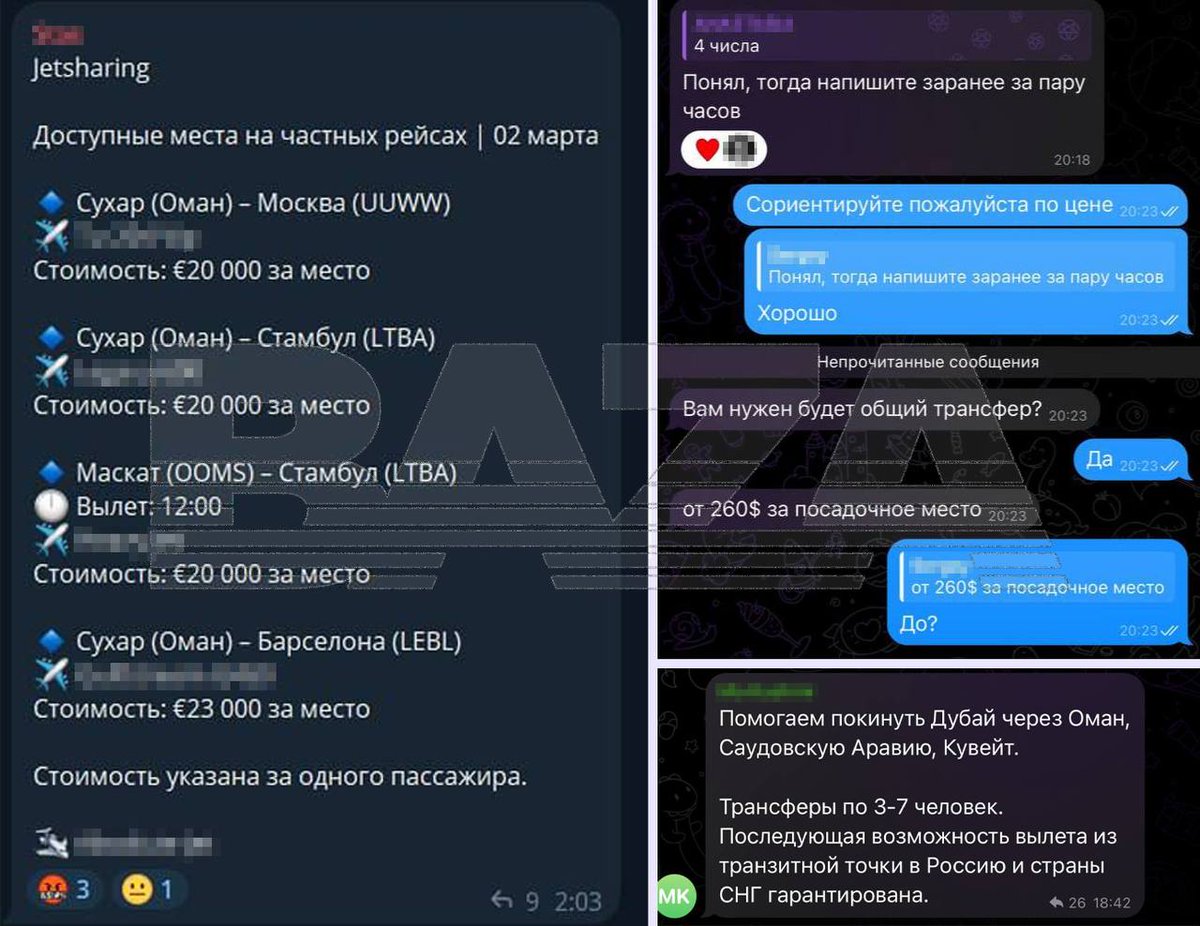1/ The bitter feud between Yevgeny Prigozhin, Russian Defence Minister Sergei Shoigu and Chief of the General Staff Valery Gerasimov appears to have originated in Syria, as an interesting personal account by Prigozhin of the February 2018 Battle of Khasham illustrates. ⬇️ 

2/ The battle took place when Wagner attempted to seize a US-held oil refinery but was summarily wiped out by American air power. It's been discussed before by a Wagner soldier who was in the battle. Prigozhin explains what happened at higher levels.
https://twitter.com/ChrisO_wiki/status/1622891726070226945
3/ Prigozhin claims that the refinery was actually held by ISIS, with "Americans in their ranks" helping them. He says that there were periodic exchanges of fire between ISIS and Wagner, who were aiming to block the US/Kurdish advance into ISIS-held south-eastern Syria.
4/ Prigozhin says he proposed to capture the road leading along the Euphrates from Khsham to the Iraqi border. "On 2 February 2018, I discussed this plan with the Chief of General Staff and then with officers on the ground who were involved in the operation." 
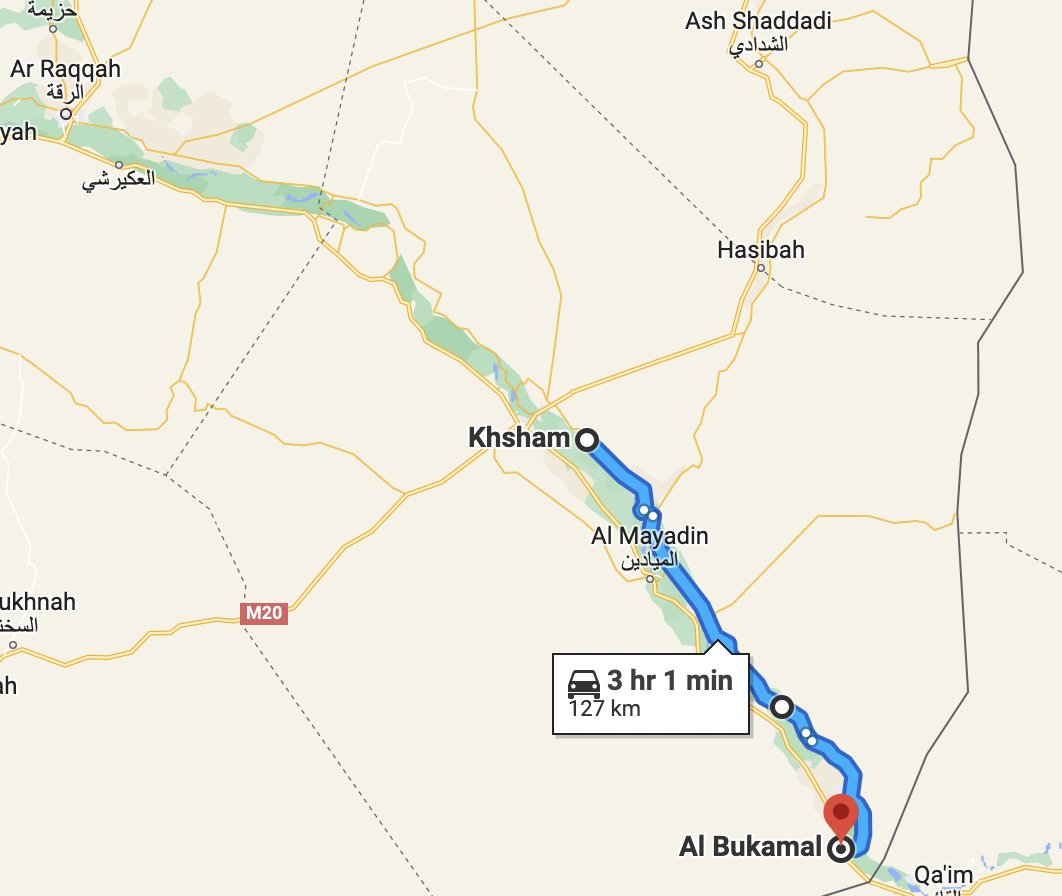
5/ "The operation to take control of southeast Syria was planned for the night of 7-8 February, with access to the Conoco plant and further along the road up to the border with Iraq. And once the security zone was established, Syrian army units could be launched from the south."
6/ Prigozhin was confident he had ground superiority over the US and ISIS, but he needed the Russian military to provide "air support and flawless air defences" to protect his ground force.
7/ He says "we were promised that two pairs of SU-35 fighters would be on duty at all times, flying in figures of eights over the Euphrates. So that if enemy aircraft came out, they could attack them and prevent them from hitting the moving infantry.
8/ "It was also promised that all means of air defense would be in operation: S-300, Pantsirs [air defence systems] and other available means of air defence and aviation, which at that time the Wagner PMC did not have."
9/ Prigozhin also says that the Russian MOD promised that they would warn Wagner if there was a threat of any "force majeure".
The operation was launched at 18:00 on 7 February, and at 23:45 the Wagner force attempted to storm the "ISIS" (US) positions.
The operation was launched at 18:00 on 7 February, and at 23:45 the Wagner force attempted to storm the "ISIS" (US) positions.
10/ Then, as Prigozhin relates, the US unleashed the full range of its airpower – drones, attack helicopters, gunships and bombers, which devastated the attacking force and inflicted "a large number of dead and wounded". The attack was abandoned. 

11/ Prigozhin says, without explaining why it happened, that he subsequently learned that just as the operation was being launched, Gerasimov ordered the Russian military to stand down, ground its aircraft and turn off the air defence systems.
12/ "According to information that I received from the dispatchers, it was ordered not to inform the Wagner PMC about these measures and subsequently not to contact them in any way."
13/ The Americans had seen Wagner begin advancing from 18:00 and had repeatedly challenged the Russian military to stand them down. When the Russian military disowned the Wagnerites, the US counter-attacked in full force. However, Prigozhin says, Wagner was never informed.
14/ "At 18:00, most of the military commanders left their workplace, went on vacation or even, more accurately, fled.
15/ "And when [Wagner tried to find them] after the shelling started, it turned out that some of them had locked themselves in their wagons, while others had changed their overnight location altogether, so that they could not be reached."
16/ "At 03:00 in the morning we finally managed to break into the RF Armed Forces headquarters to speak to the officer on duty.
17/ "There was a single colonel at the desk, who told us that he would try to resolve the issue so that the shelling would stop and the Wagner PMC fighters could remove the bodies of their slain comrades.
18/ "On 9 February I flew urgently to Moscow and tried to get an appointment with Shoigu to find out what really happened. I wanted to find out why all the agreements had fallen apart and why the tragedy of 8 February had occurred.
19/ "The Minister of Defence refused to receive me. I signed up on the 10th, the 11th and so on ad infinitum, but he had no time to talk to me. Then I caught him at a reception in the Kremlin, where I took advantage of my opportunity.
20/ "I approached him with a request: "Can I discuss with you the situation that occurred on 8 February near Deir ez-Zor?" He turned, calmly and arrogantly replied: “You wanted to be a hero? They were heroic. All the heroes are now here in this hall."
21/ "Here he gestured to those around him in expensive suits – "And you are just confused." That was the end of the conversation."
22/ The VChK-OGPU Telegram channel adds some additional context which also helps to explain the close relationship between Prigozhin and Russian Air Force chief Sergey Surovikin, who according to the Dossier Center was already an honorary Wagner member.
23/ According to a VChK-OGPU source, Prigozhin's plan of attack at Khsham was "actively lobbied for by Commander-in-Chief of the Air Force Surovikin." 

24/ "But on 7 February it became known in the General Staff that this plan was a gamble of the Wagner PMC, aimed at obtaining access to the oil field in the interests of the business team of Gennady Timchenko, which by that time already included both Prigozhin and Surovikin.
25/ (Timchenko is an oil billionaire who was the sixth richest man in Russia as of March 2022. A long-time Putin ally, he has been sanctioned over the invasion of Ukraine. He is also reportedly one of the main backers of the Redut mercenary group, which is fighting in Ukraine.) 

26/ According to the source, "Gerasimov was furious that the oligarchs were trying to make the armed forces into a servant of their business interests.
27/ "Surovikin's attempts to change Gerasimov's mind were unsuccessful and the only thing that the head of the armed forces was allowed to do was to allocate two planes to take deceased Wagner members to Russia.
28/ "Nevertheless, to this day, for his services in the Syrian campaign of the Russian Armed Forces, Sergey Surovikin receives dividends from the business projects in Syria of the Stroytransgaz joint stock company, controlled by Gennady Timchenko.
29/ "This passive income scheme is operated by Mikhail Khryapov, a friend of the Surovikin family and a member of the Stroytransgaz board of directors." /end
Sources:
🔹
🔹 https://t.co/6o5x3PAIPRtelegra.ph/Evgenij-Prigoz…
t.me/vchkogpu/39652
Sources:
🔹
🔹 https://t.co/6o5x3PAIPRtelegra.ph/Evgenij-Prigoz…
t.me/vchkogpu/39652
• • •
Missing some Tweet in this thread? You can try to
force a refresh


